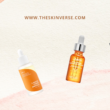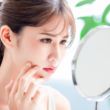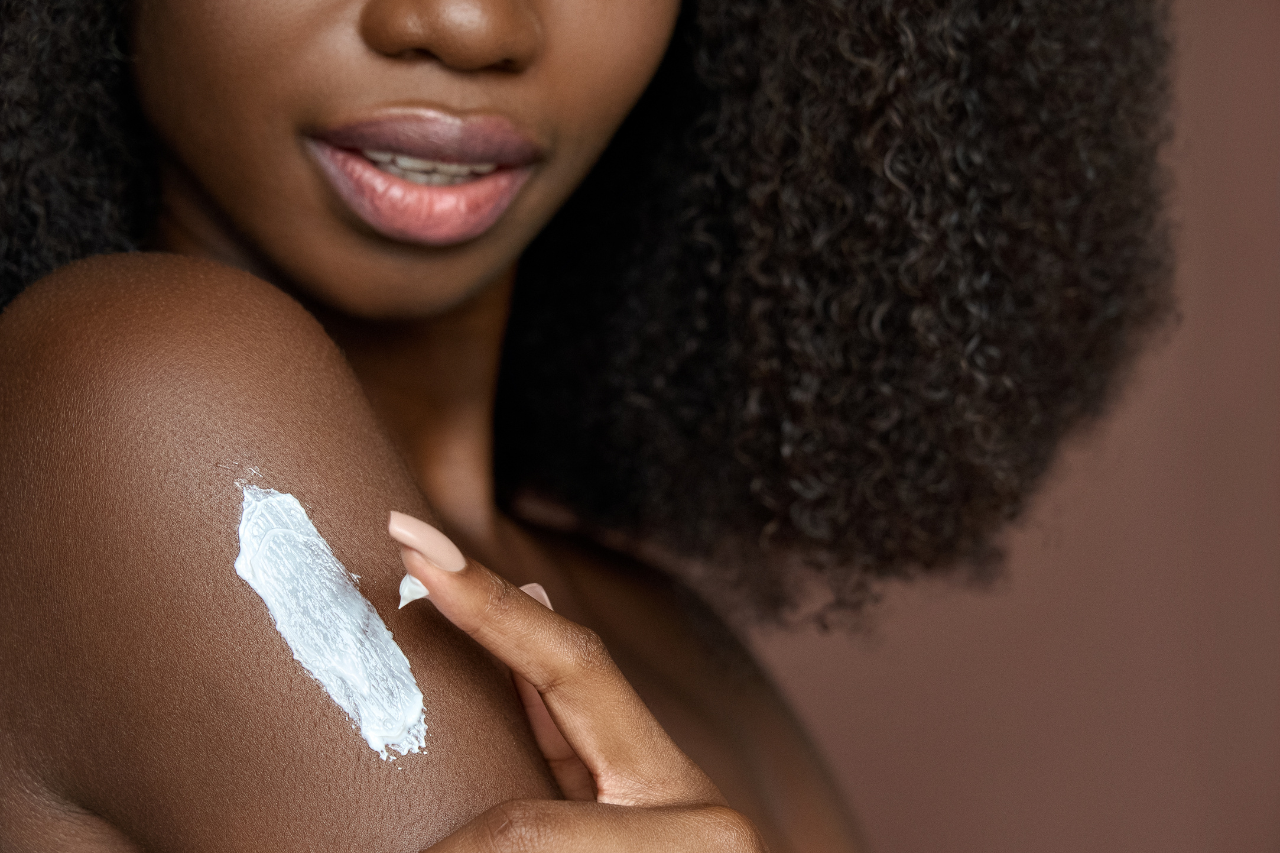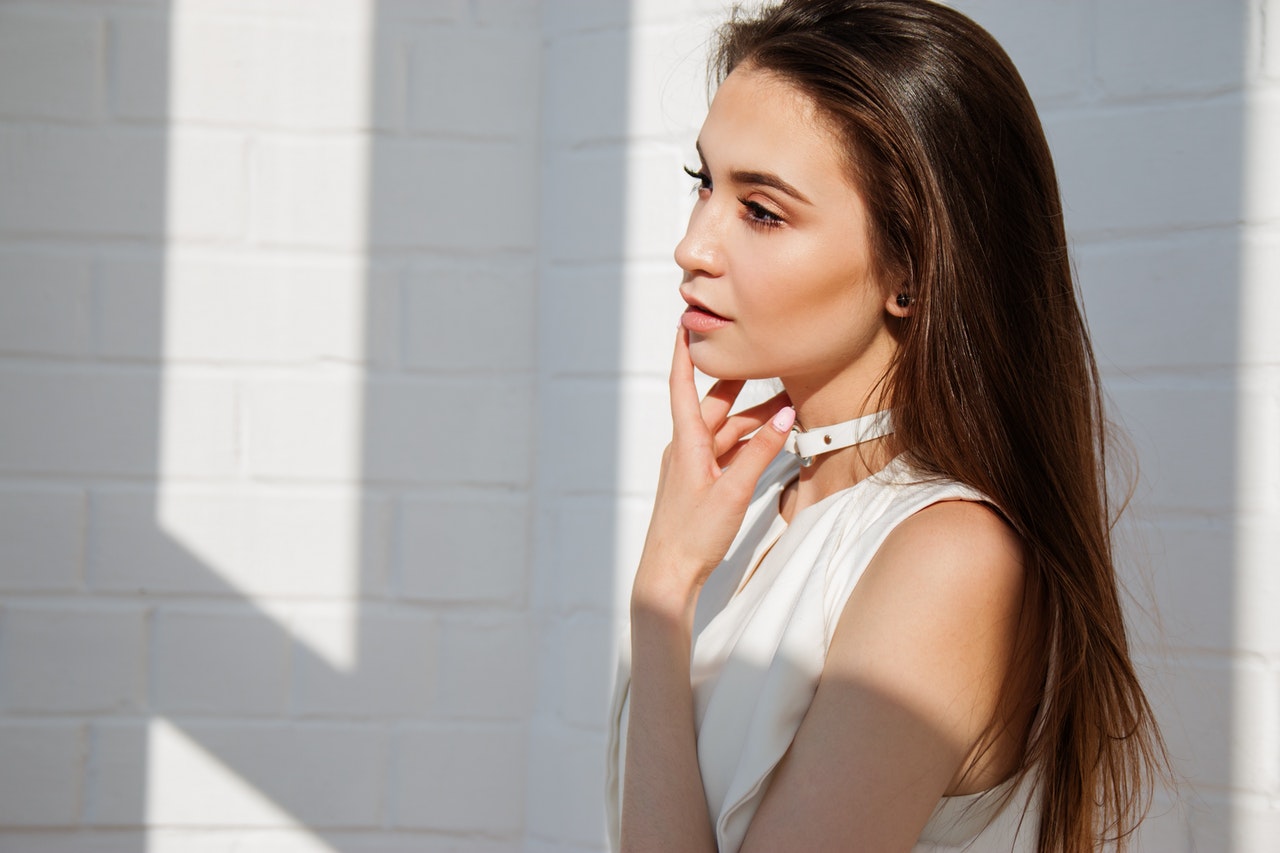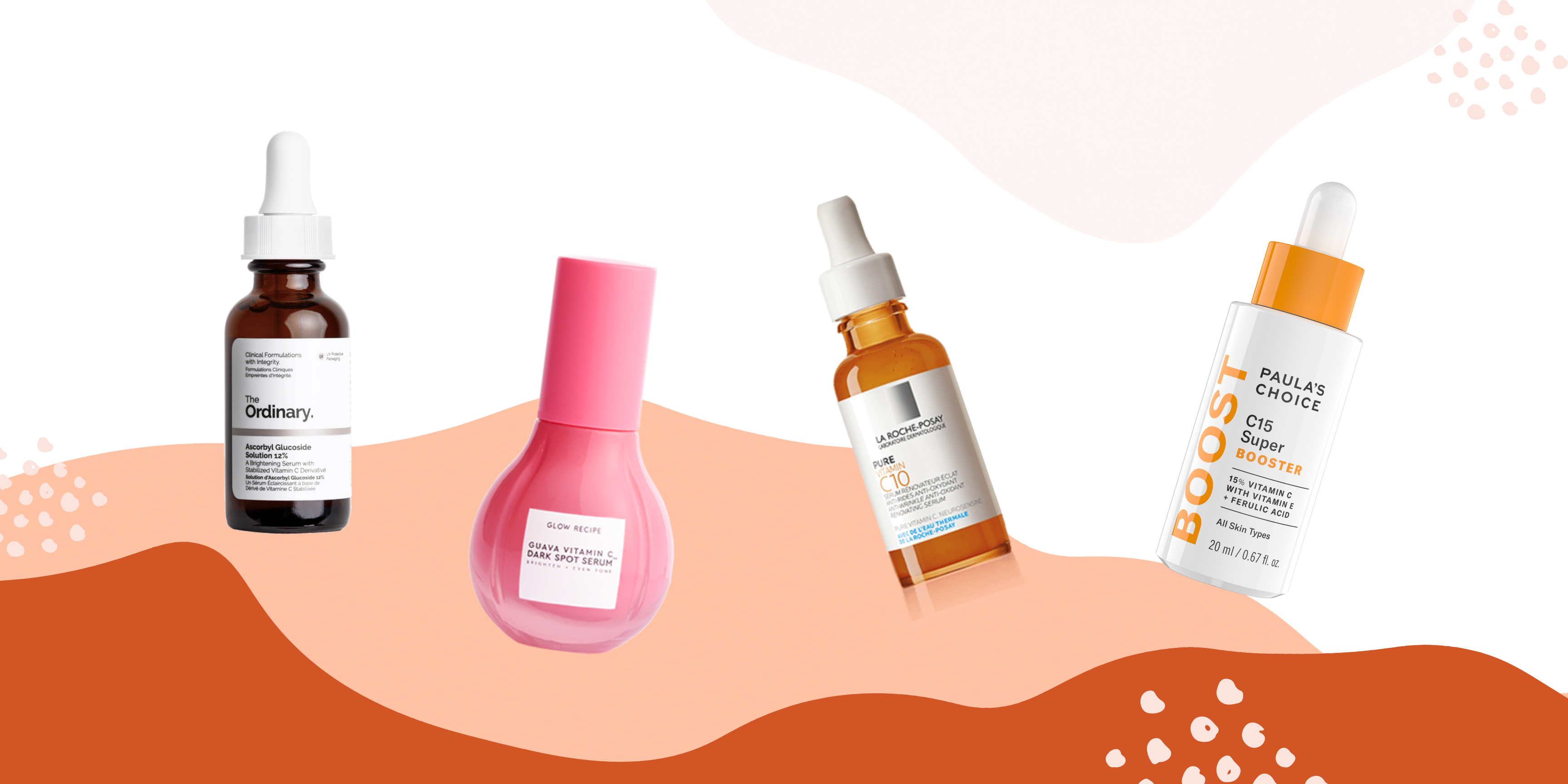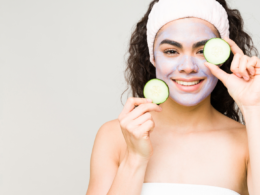One of the biggest misconceptions in skincare is about getting sunburn on black skin. Let’s cut to the chase here: The truth is black skin can absolutely get sunburnt. Having darker skin will make sure there is less chance to get sunburn, however, long term sun exposure can definitely take its toll. Unfortunately, the color of your skin doesn’t provide an additional protection against the UV rays.
Here is all you need to know about sunburn on black skin and more.
How does the sun affect dark skin?
Generally speaking, people with darker skin tone experience less sunburn. This is due to the fact that their skin produces more pigment – melanin which prevents the evil UV rays from reaching the surface of the skin. On the contrary, lighter skin produces less melanin, which makes it more susceptible to sunlight. With all of this information, there is one thing to remember: no matter the skin tone, no skin is 100% protected, since melanin can’t just block all UV rays completely.
To better understand it, let’s look at the Fitzpatrick scale that is used by dermatologists:
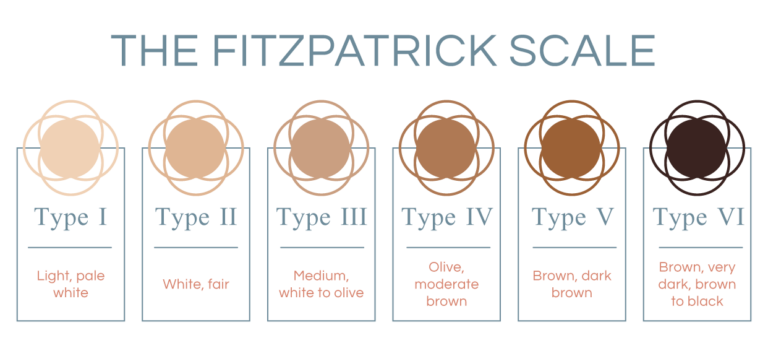
Basically, all skin tones fall into six categories:
- Type 1: ivory skin – never tans. People with this type of skin have very white skin and mostly freckles.
- Type 2: fair skin – burns and peels, experiences very minimal tanning. It is very hard for them to get tanned, and yes, they have white skin too.
- Type 3: fair to beige skin – burns sometimes and is prone to gradual tanning. People with this type have beige or fair colored skin.
- Type 4: olive skin (or moderate brown) – rarely burns, easily tans.
- Type 5: brown skin – rarely burns, tans in no time. People of this type tan more easily than Type 4.
- Type 6: dark brown, brown to black or black skin – again, rarely burns, always tans. People of this type mainly have black skin.
Typically, people of Irish decent belong to Type 1, while white people of Italian descent will fall into the third skin type. Hispanic and Asian people share the forth (Type 4) skin photo type. Dark skin tones, people with black color of African descent fall into the last 2 types, Type 5 and 6 respectively.
The bottom-line is, types 1 – 3 are more prone to experience sunburn, while types 4 – 6 are less likely to get sunburnt, but it is still possible.
What does sunburn on black skin look like?
Normally, sunburn on pale or light skin will appear red and painful, obviously. After a day or so, the itching will begin. (been there, done that)
As for sunburn on black skin (or dark skin) will appear without any redness. However, you can tell you got sunburnt from other symptoms like fever, headaches, sometimes dizziness or nausea. This will mostly be followed by skin peeling, then you can definitely feel that you got sunburnt. The peeled skin will present itself in a slightly darkish red, so you will be able to see it.
The good news is, the symptoms will ease up after a week or so. Severe sunburns can sometimes cause blisters or high temperature that might take a while to recover from.
How to treat sunburn on black skin?
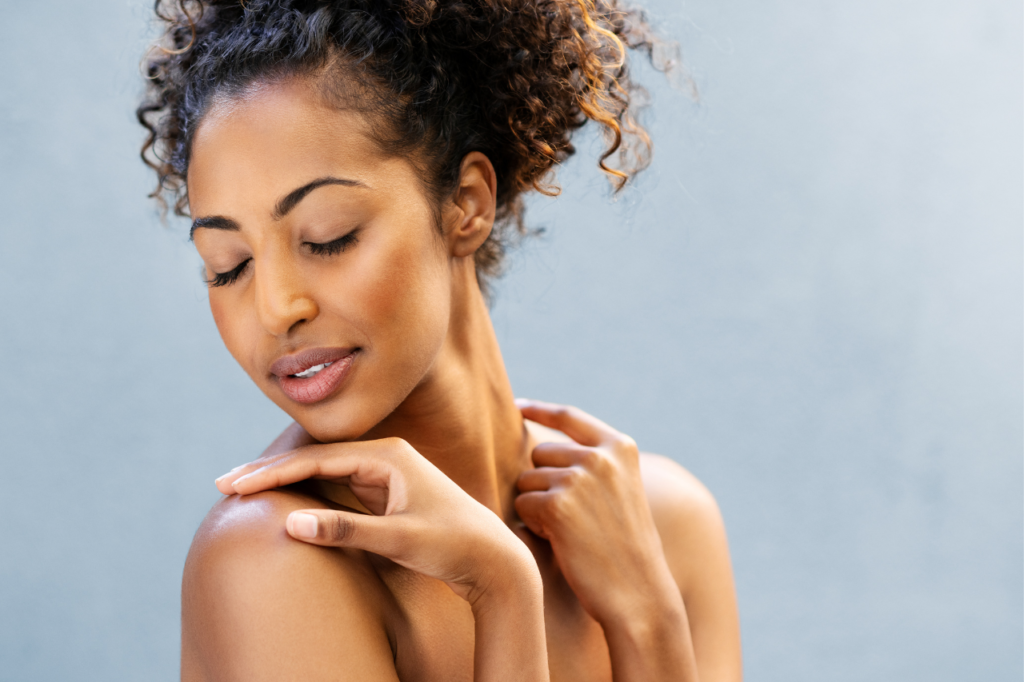
Just like with any disease out there, prevention is better than cure. Same goes here as well.
To prevent potential sunburn, there are a few things you should consider:
Top tips for avoiding sunburn on black skin:
#1. Apply sunscreen regularly
No matter the skin type of tone, everyone should apply sunscreen regardless of the season. The main misconception about darker skin is that it doesn’t need sun protection, which is the core of all skin problems. Sun rays is still the number reason behind skin aging. So, by applying sunscreen daily you have to make sure you protect your skin while getting some ant-aging benefit too!
AAD (The American Academy of Dermatology) recommends using a broad-spectrum SPF 30 or higher.
Not sure how to choose sunscreens yet? Read this: Reading Sunscreen Labels in 5 Easy Steps
#2. Seek shade whenever possible
Basically, don’t go sunbathing in the city when it is a 100 degrees outside. However, if you don’t have to, try stay inside between 10 am – 4.30 pm, then the sunlight hits the Earth the strongest.
#3. Reapplying is as important as applying sunscreen
The rule of thumb is reapplying your sunscreen every 2 hours. You need to make sure that the effect of your sunscreen lasts throughout the day.
#4. Wear wide brimmed hats in summer
It is a must especially for hot, urban days. Hope that you already got one for the beach. Not to mention they look very stylish!
How to actually treat sunburn on black skin?
If you have experienced sunburn in dark skin, there are the things you can do to treat it.
What you have to keep in mind is that your skin will gradually recover itself. That said, you do need to support its healing along the way. So, here are a few things:
- Protect the affected are by wearing wide-brimmed hats or clothes
- Moisturize the sunburnt area with products including soothing ingredients like aloe, chamomile, allontoin.
- Your sunburnt skin needs an additional sunscreen protection. Go with physical sunscreens that contain minerals like zinc oxide or titanium dioxide.
- Don’t stay in the sun, avoid sun exposure.
What about dark skin and skin cancer?
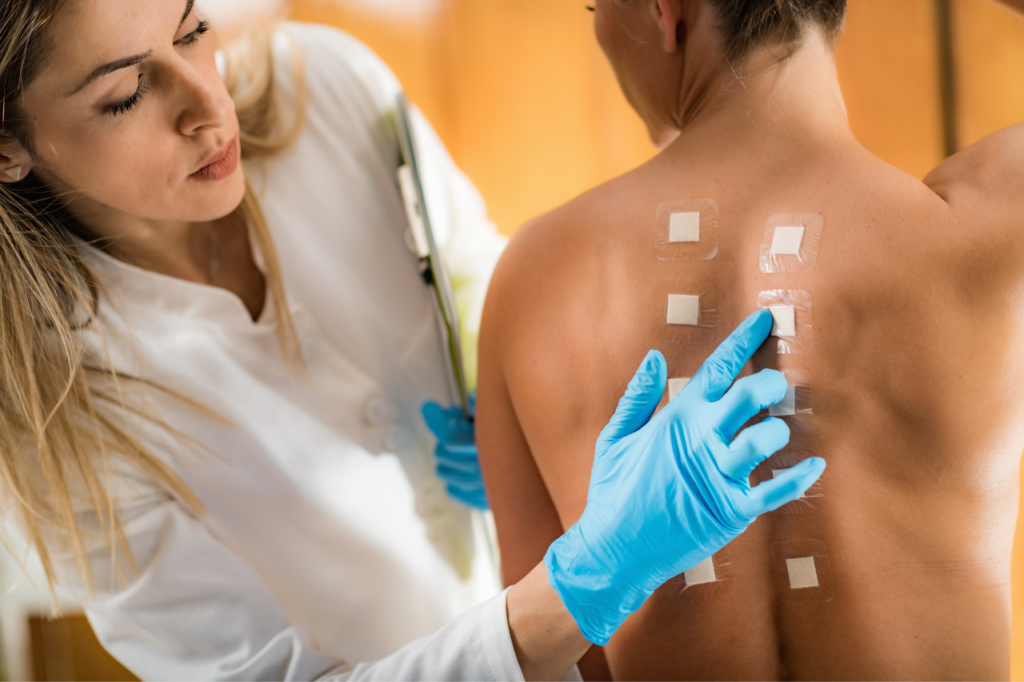
In comparison with light skin, skin cancer in dark skin isn’t very common. However, there is an interesting trend that scientists have picked up on.
Because of the widespread idea that dark skinned people don’t get sunburnt, most of the time skin cancer in dark skin gets detected at a later stage. There is a study published in 2016 concluding that treatment at a later stage of skin cancer is more difficult. That’s why it is important to build and spread public awareness among black/ people with dark skin about risk factors and proper prevention.
Simply put, anyone can develop skin cancer, no matter the skin type of tone. Preventative care needs to stand at the heart of your skincare routine. Therefore, regular checkups and consultation with your physician is very important.
What are some early signs of skin cancer in dark skin tones?
As skin cancer in dark skin tones are detected at later stages, it is crucial to be able to see and examine yourself before going to the doctor. Although it is better to talk to your doctor first and go through regular checkups.
Just like they put on the skincancer.org, skin cancer is the cancer that you can see. There are two main types of skin cancer to look out for: Basal cell carcinoma and Melanoma.
Early signs of Melanoma
Being the most serious type of skin cancer, melanoma occurs as a result of DNA damage from UV rays that wreaks havoc in melanocytes that produce melanin, pigment that give the skin its color. Melanoma presents itself in different in different colors and sizes, it can develop anywhere in the body.
It mostly appears on the face, however, skin cancer in dark skin can present itself on the palms and soles. Main signs of melanoma include large brown spots that change in color or shape. These spots may itch and burn and they may appear under fingernails and toenails.
Early signs of Basal cell carcinoma (BCC)
This is a very common type of skin cancer affects around 4 million people in the United States alone. BCC often appear as open sores with a reddish or pinkish color. They look like lesions that can itch or sometimes even bleed. Luckily, when detected early, they are totally curable.
If you suspect of any lesions or bumps on your skin, contact your dermatologist ASAP.
Can I detect skin cancer by myself?
A great way to detect skin cancer is by doing self-exams. For this, do a thorough body scan. Examine yourself from head to toe to see if there is a new mole, lesion or any dark spots. Remember that early detected cancer can be treated, so the earlier it is detected, the better. It is especially important for people with dark skin, as early signs of skin cancer in dark skin often go unnoticed.
The bottom-line
Regardless of your skin type of tone, everyone needs daily sun protection. While it is rare to get sunburn on black skin, it is still possible. Staying in the sun too much and not taking necessary precautions definitely increases the risk of getting sunburnt.
Same goes for skin cancer in dark skin. Dark skinned people can develop skin cancer to and in order to detect it earlier, try to go to your doctor monthly or quarterly checkups. One thing is for certain: Diligent use of sunscreen can only help your skin in the long run.



